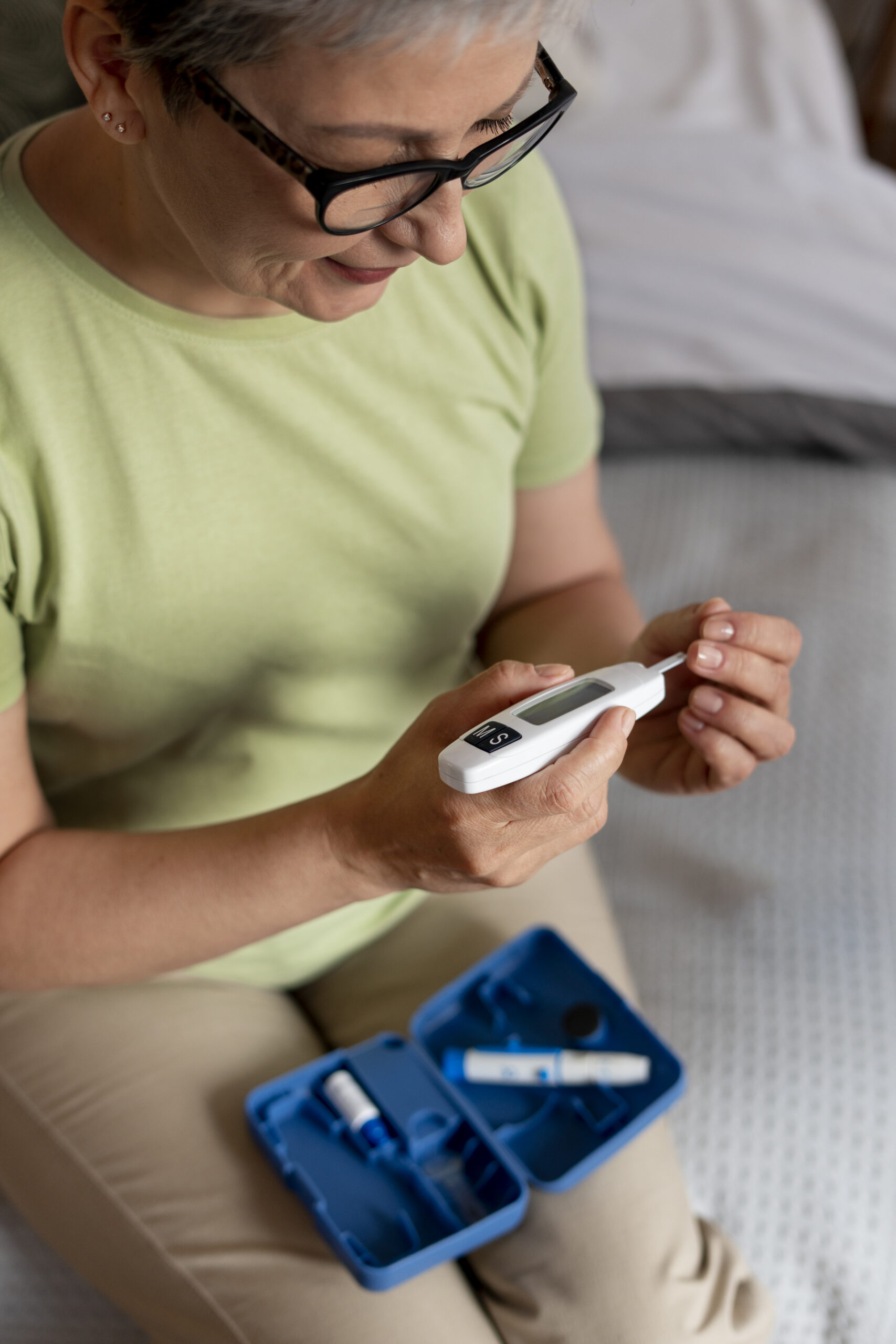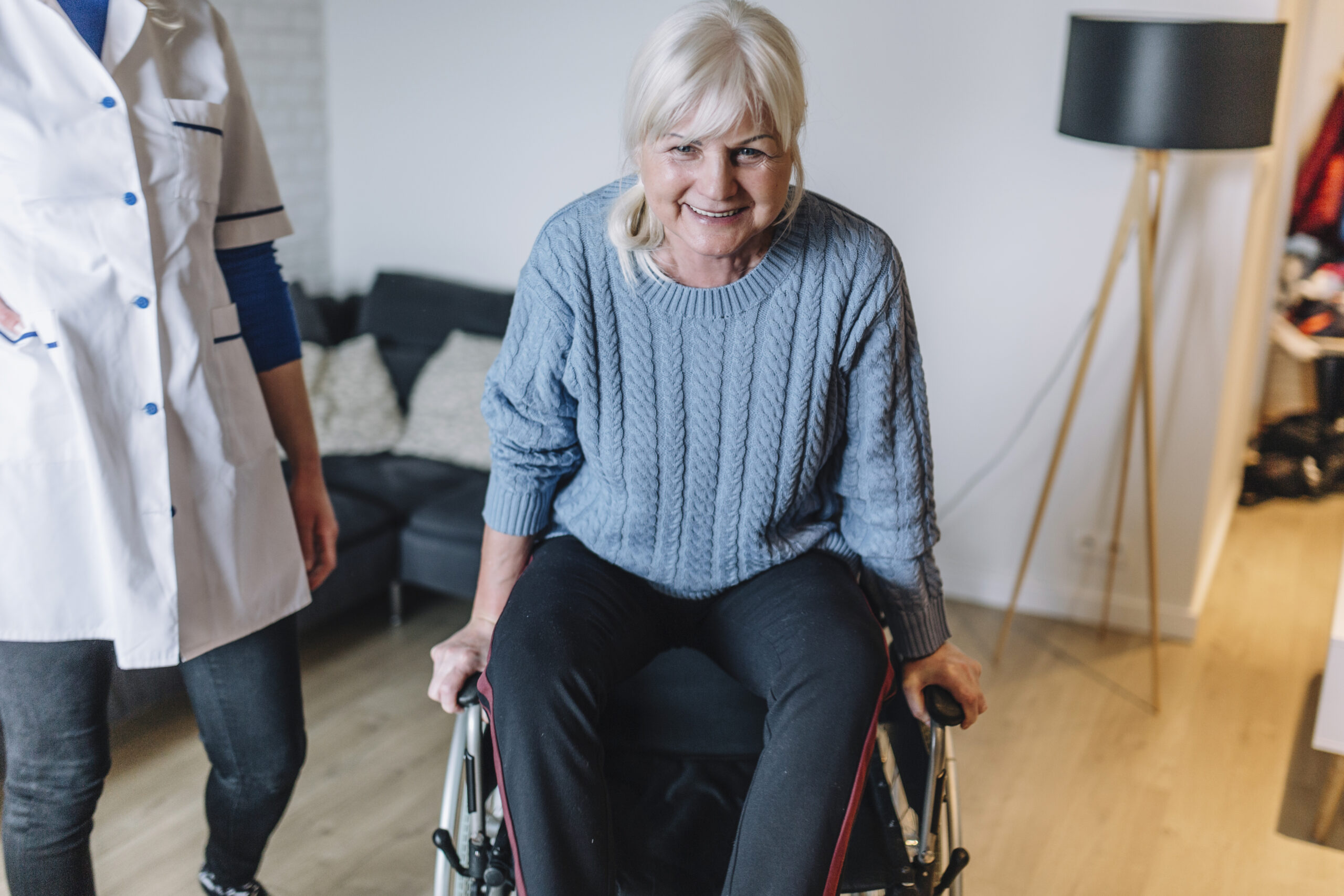Care Tips for Diabetes Management

Managing diabetes can be challenging, especially for older adults. As we age, our bodies undergo various changes, and taking care of our health becomes even more crucial, especially when dealing with a condition like diabetes. Here are some essential care tips for diabetes management in older adults:
Regular Exercise: Staying physically active is vital for managing diabetes. Older adults should aim for at least 150 minutes of moderate-intensity aerobic activity per week, such as brisk walking or swimming. Strength training and flexibility exercises are also beneficial.
Monitor Blood Sugar Levels: Monitoring blood sugar levels is a key part of managing diabetes. For older adults, this means monitoring their levels regularly as advised by their healthcare provider. This can help them understand how different factors, such as food, physical activity, and medication, affect blood sugar levels.
Healthy Eating: A well-balanced diet is crucial in managing diabetes. Older adults should focus on consuming various nutrient-dense foods, including fruits, vegetables, whole grains, lean proteins, and healthy fats. Controlling portion sizes and monitoring carbohydrate intake is also essential.
Medication Management: Older adults must stay on top of their medication routine. They should carefully follow their healthcare provider’s instructions regarding insulin or other diabetes medications. They should also be aware of any potential side effects and report any concerns to their healthcare provider.
Regular Medical Check-ups: Older adults with diabetes should regularly visit their healthcare provider. These check-ups can help monitor blood sugar levels, review medication effectiveness, and address any potential complications associated with diabetes.
Foot Care: Diabetes can affect circulation and nerve function in the feet, making foot care crucial for older adults. They should regularly inspect their feet for sores, cuts, or signs of infection. Wearing comfortable footwear and practicing good foot hygiene can also help prevent complications.
Stress Management: Managing stress is essential for overall well-being and can impact blood sugar levels. Older adults should engage in activities that help reduce stress, such as meditation, deep breathing exercises, or hobbies they enjoy.
Diabetes Self-Management Training at Suburban Hospital: Suburban Hospital offers an accredited Diabetes Self-Management Training program to empower individuals to manage diabetes and prevent complications. The program uses in-person and telemedicine appointments, small group sessions, and requires a referral from a healthcare provider. It may be covered by Medicare or insurance. Contact Suburban’s Outpatient Diabetes Services at 301-896-6032 for more information.
By following these care tips, older adults can effectively manage their diabetes and lead a healthy and fulfilling life. They must work closely with their healthcare team to develop a personalized care plan that meets their needs and goals. With proper support and self-care practices, older adults can take control of their diabetes and maintain their overall health and well-being.
Subscribe
Date: July 25, 2024


